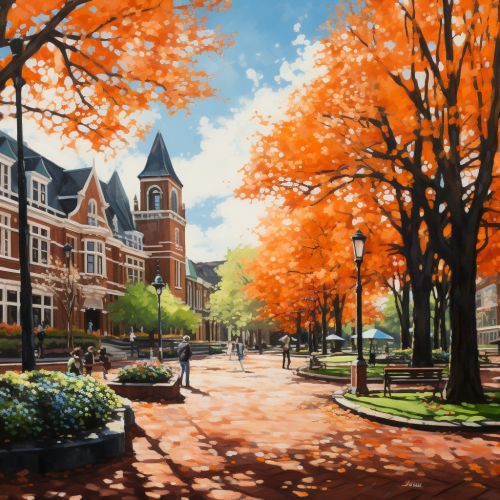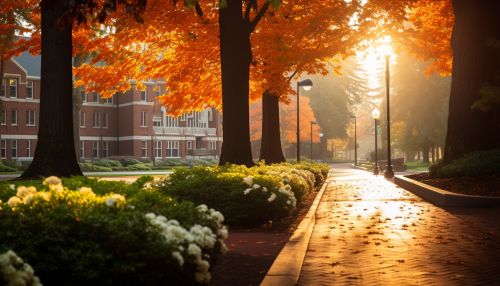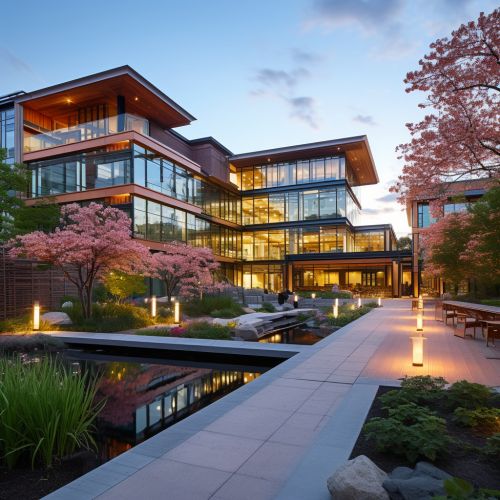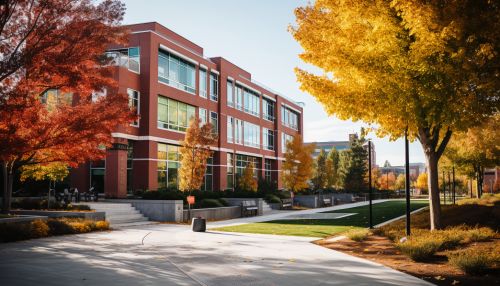Linus Pauling
Early Life and Education
Linus Carl Pauling was born on February 28, 1901, in Portland, Oregon, to Herman Henry William Pauling, a pharmacist, and Lucy Isabelle "Belle" Darling. He was the eldest of three siblings. His interest in science was sparked at a young age when he conducted chemistry experiments in his childhood home.
Pauling attended Washington High School in Portland but did not receive his diploma due to a deficiency in history courses. Despite this setback, he was accepted into Oregon Agricultural College (now Oregon State University), where he studied chemical engineering. He earned his Bachelor of Science degree in 1922.


Career and Research
After graduating from Oregon Agricultural College, Pauling went on to study at the California Institute of Technology (Caltech) under the guidance of Roscoe G. Dickinson and Richard C. Tolman. His early work focused on the use of X-ray crystallography to determine the structure of crystals. He received his Ph.D. in physical chemistry and mathematical physics, summa cum laude, in 1925.
In the following years, Pauling's research expanded to include a wide range of topics, such as the nature of the chemical bond, the structure of proteins and nucleic acids, and the principles of quantum mechanics. His work in these areas has had a profound impact on the field of chemistry and has contributed to the development of numerous scientific disciplines.
Achievements and Awards
Pauling's contributions to science and humanity have been widely recognized. He is one of only four individuals to have won more than one Nobel Prize and the only person to have been awarded two unshared Nobel Prizes - for Chemistry in 1954 and Peace in 1962.
His first Nobel Prize was awarded for his research into the nature of the chemical bond and its application to the elucidation of the structure of complex substances. Pauling's second Nobel Prize was awarded in recognition of his efforts to ban nuclear weapons testing.
Personal Life and Legacy
Pauling married Ava Helen Miller in 1923. The couple had four children. Ava was a significant influence on Pauling's work, particularly his peace activism. She herself was an accomplished human rights activist and a strong advocate for world peace.
Pauling died of prostate cancer on August 19, 1994, at his ranch in Big Sur, California. His legacy continues to influence the fields of chemistry, biology, and medicine. The Linus Pauling Institute at Oregon State University, which focuses on health maintenance and disease prevention, is named in his honor.


